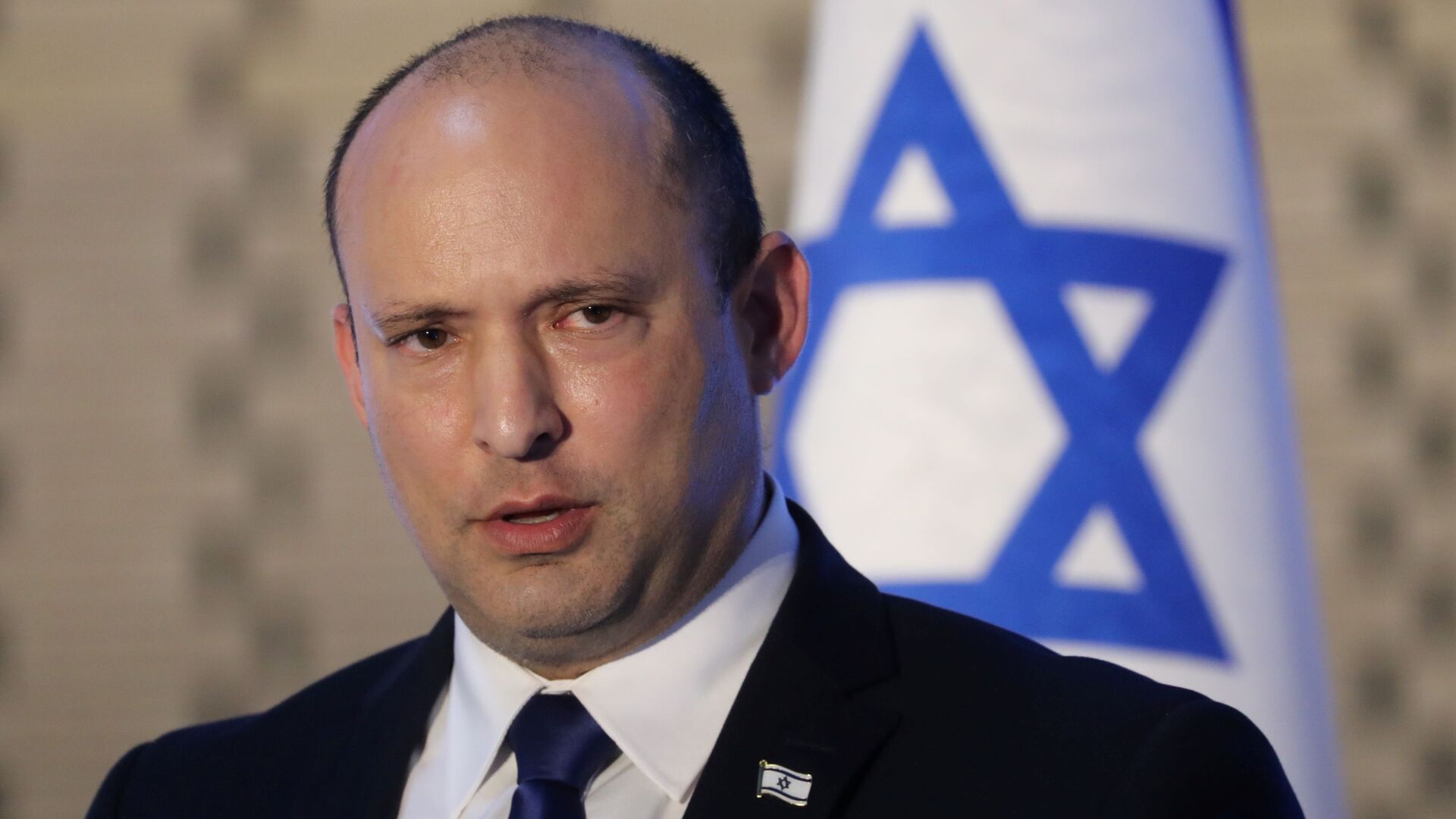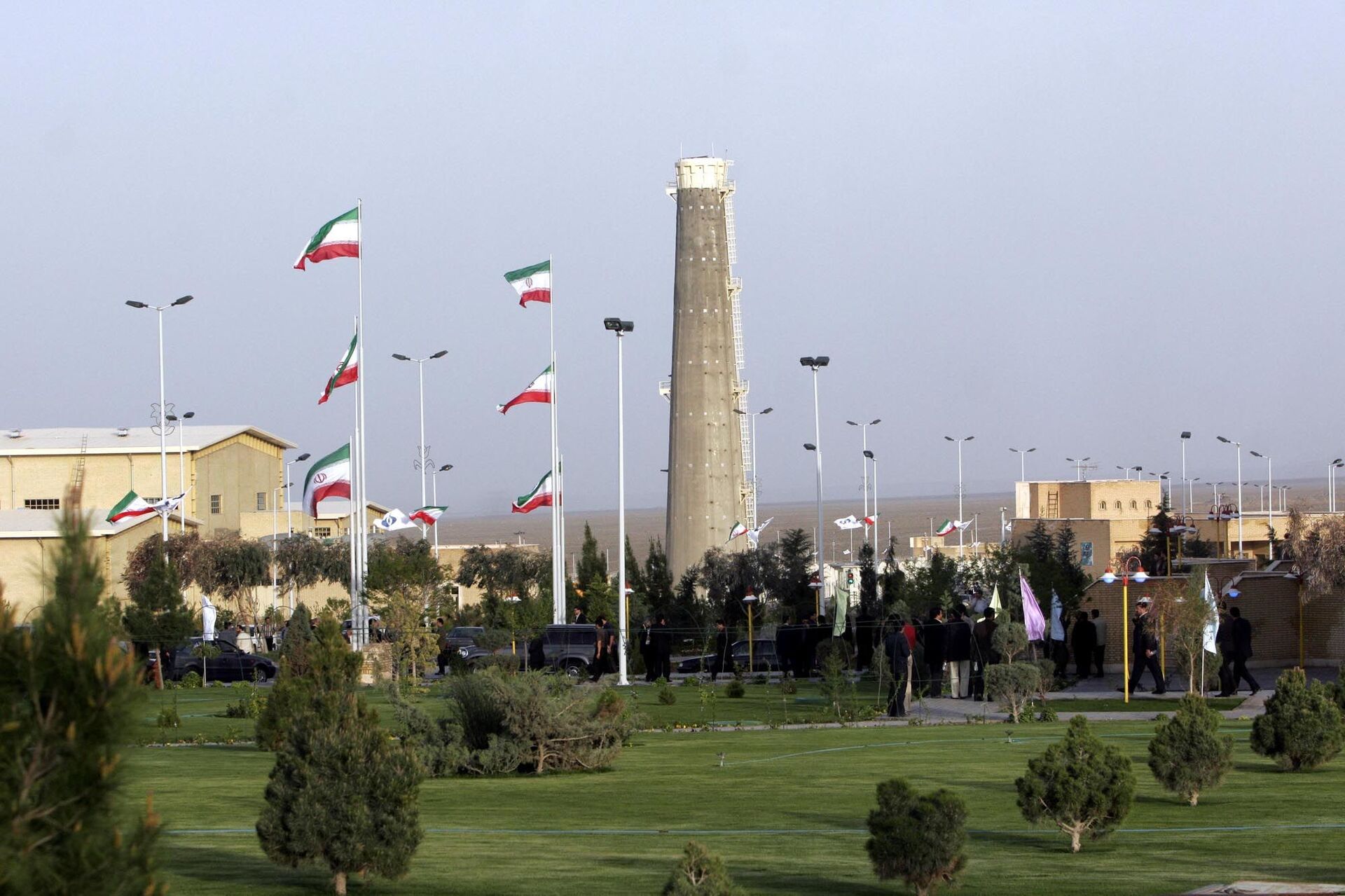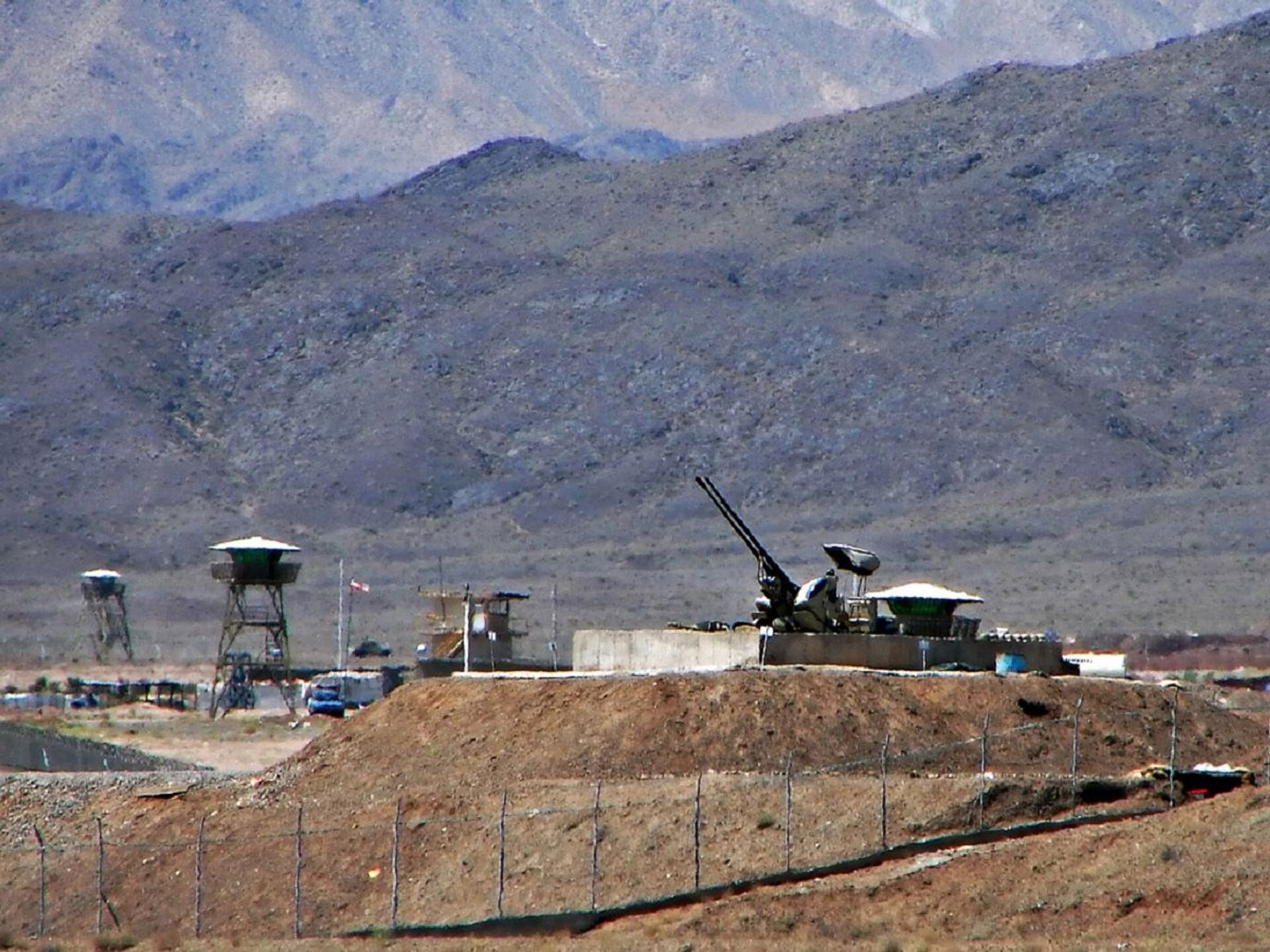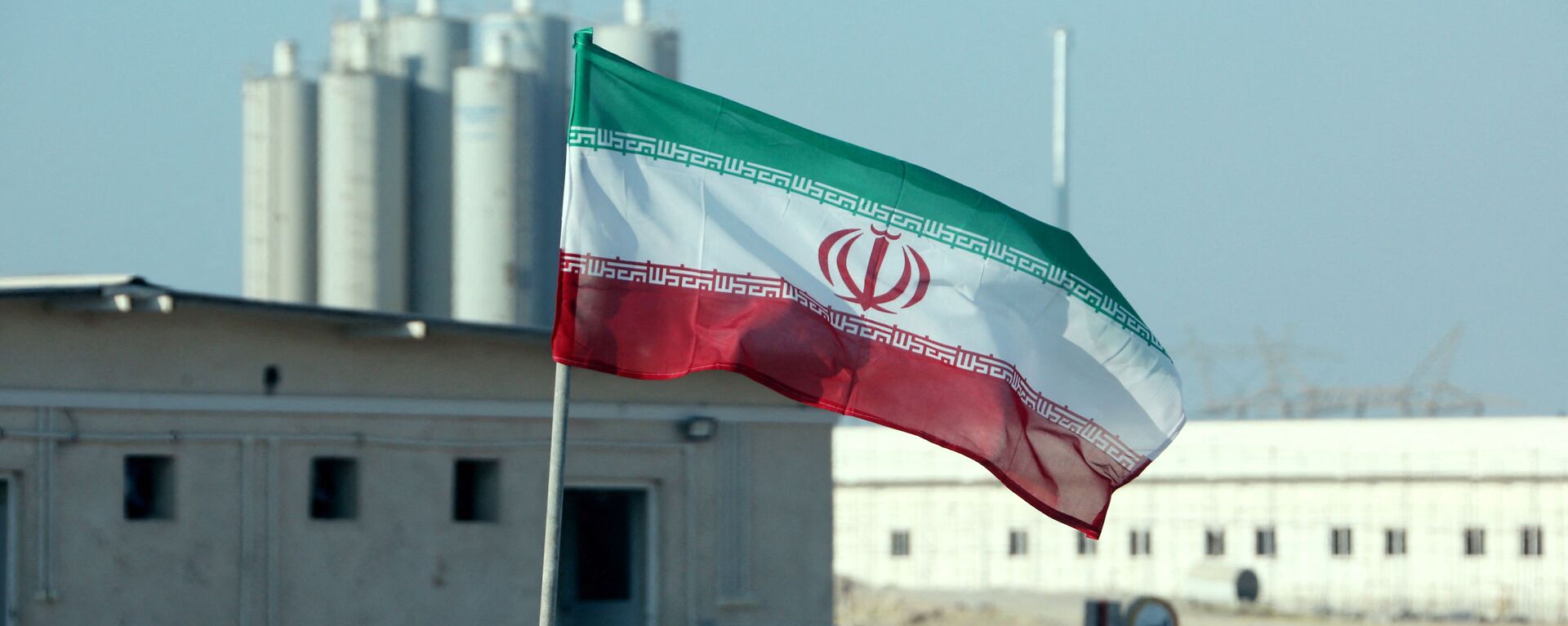Israel Signals It ‘Won't Be Bound’ to New Iran Nuclear Deal Ahead of Resumption of Vienna Talks
11:45 GMT 23.11.2021 (Updated: 17:24 GMT 15.01.2023)

© REUTERS / POOL
Subscribe
With Vienna talks on reviving the Iranian nuclear deal set to resume on 29 November on Sunday, the New York Times reported that US officials have warned Israel that attacks on Tehran’s nuclear facilities are counterproductive and might be encouraging the Islamic Republic to speed up its nuclear programme.
Israeli Prime Minister Naftali Bennett has indicated that his country will maintain its freedom of action if a new nuclear deal between Tehran and the world powers is reached at the Vienna talks, set to resume on 29 November.
"The mistake we made after the first [nuclear] agreement in 2015 will not be repeated. From the moment the deal was signed, it was like a sleeping pill for us… In any case, even if the deal will be revived, Israel won't be bound to it,” said Bennett at the Security and Policy conference at Reichman University in Herzliya.
Naftali Bennett talks Iran, US policy at conference
— i24NEWS English (@i24NEWS_EN) November 23, 2021
'The State of Israel must maintain its ability to take action at any time at any political circumstances,' says Israel's Prime Minister#Iran | #Israel | #Defense pic.twitter.com/mbMDHku7GC
Bennett, who replaced long-time Israeli Prime Minister Benjamin Netanyahu in June, added that his nation was facing “complicated times.”
“It is possible that there will be disagreements with the best of our friends. This wouldn't be the first time," Bennett said, adding:
"In any event, even if there is a return to a deal, Israel is of course not a party to the deal and Israel is not obligated by the deal."
Bennett described Iran in his speech as being at "the most advanced stage of its nuclear programme", yet insisted that the Islamic Republic was “much more vulnerable than is commonly thought."

Iran's nuclear enrichment facility in Natanz in 300 kms 186 (miles) south of capital Tehran, Iran (File)
© AP Photo / HASAN SARBAKHSHIAN
The Israeli PM stopped short of explicitly threatening military action against Iran, but cited currently available cyber-technologies, international support and what he touted as Israel's advantages as a democracy as likely to achieve results against his country’s long-time foe.
"The Iranians have encircled the State of Israel with missiles while they sit safely in Tehran. To chase the terrorist du jour sent by the (Iranian covert) Quds Force does not pay off anymore. We must go for the dispatcher," urged Bennett.
The remarks, which can be construed as verbal sabre-rattling, follow a recent report claiming that US officials have warned Israel that attacks targeting the Iranian nuclear program are “ultimately counterproductive”.
However, reported the New York Times, despite their argument that Tel Aviv’s actions are enabling Tehran to rebuild an even more efficient enrichment system, Israeli officials have insisting they have “no intention of letting up.”
The report cited the assassination of Iran’s top nuclear scientist, Mohsen Fakhrizadeh, in November 2020; a drone attack on the Karaj agricultural and nuclear medicine research facility; and several incidents at the Natanz Fuel Enrichment Facility, that have all been attributed to Israeli intelligence.
Revival of 2015 JCPOA
The reports come as indirect negotiations are set to begin on reviving the 2015 deal, also known as the Joint Comprehensive Plan of Action (JCPOA), which former US President Donald Trump withdrew from in 2018, claiming that Tehran was in violation of its terms. The US had immediately reimposed stringent sanctions on the Islamic Republic. The deal had eased sanctions on Iran in return for strict limits on its nuclear program to prevent Tehran from building an atomic arsenal.
Iran, which has consistently denied seeking nuclear arms, maintaining its programme was exclusively peaceful in nature, went on to breach the deal with expanded uranium enrichment after the US walked out.
The Vienna-based nuclear watchdog, the International Atomic Energy Agency (IAEA), in its latest report estimated that Iran’s stockpile of enriched uranium now includes 113.8 kg (251 lbs) enriched to 20 percent, up from 84.3 (186 lbs) in September, and 17.7 kg (39 lbs) enriched up to 60%, up from 10 kg (22 lbs).
The IAEA added it was unable to verify the exact amount due to the limitations Tehran imposed on UN inspectors in February, restricting access to footage from surveillance cameras installed at some nuclear sites or online enrichment monitors and electronic seals.
Talks to resuscitate the 2015 JCPOA accord first began in April in the P5+1 format comprising Russia, China, the US, the UK, France, Germany and Iran. President Joe Biden, as he took over the White House from predecessor Donald Trump, had vowed to return the US to the deal if Iran returned to compliance with its nuclear provisions.
Negotiations appeared to be gaining ground until they went into a five-month hiatus due to presidential elections in Iran. This August, the newly-elected Iranian president Ebrahim Raisi, talking over from ding Hassan Rouhani, noted that Tehran was ready for negotiations.
Iran is “absolutely serious” about nuclear talks, Raisi said, according to a statement published on the presidency’s website on 16 November. He added the Islamic Republic of Iran was “equally serious about our people’s rights to have sanctions lifted.”


